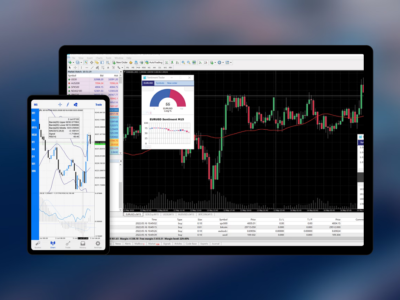A visa is a good choice for your credit card because it gives you access to many different rewards. You will also be able to make purchases and pay your bills quickly. You will also receive protection on your cell phone if you use your card. If you have a World Mastercard, you can get a protection plan covering your cell phone for up to $1,000 a year.
Mastercard vs. Visa
Whether a consumer or a merchant, you will likely have to deal with two popular payment networks – Tanzania evisa and Mastercard, each credit card has its advantages and disadvantages, so it is essential to understand the differences.
Both cards offer a wide range of benefits. However, the benefits of each credit card may vary by tier. The card issuers also have special perks. In general, Visa offers more card benefits than Mastercard. The key is to choose the right card for your needs.
Millions of businesses around the world accept both Visa and Mastercard. However, a visa is more accepted in the U.S., with close to a 100 percent merchant acceptance rate. Visa is the more popular payment network.
Both Visa and Mastercard are used in over 200 countries. Both companies process payments in over 100 currencies. In addition to processing payments, Visa offers a wide range of business tools.
While both companies offer similar services, Visa’s data processing operations generate the most revenue. These operations charge the card issuer a fee per transaction.
Discover cards are better than Visa cards.
Discover cards are an excellent option whether you are looking for a new card or want to build your credit. Discover offers cards for people with a range of credit scores.
Discover is a network of over 4,000 banks and merchants. It offers credit cards, personal loans, home loans, and more. It is one of the largest card networks in the U.S. and has 3.6 billion cards.
Discover cards offer great rewards for simple spending. Users can earn 1.5% to 2% cash back on their purchases. You can also get 5% cash back in rotating categories every quarter. In addition, if you spend $20,000 or more a year, you can earn 3% back on all purchases with the Discover Cashback Match.
Discover cards are accepted at more locations than Visa cards. However, Discover has a lower acceptance rate outside the U.S. If you travel abroad often, Discover may be hard to use. Discover has less acceptance in Eastern Europe and the Middle East than Visa.
Service and data processing fees
Whether a merchant or an investor, you must be aware of Visa service and data processing fees. This is because these fees help the company generate revenues. Therefore, unlike other companies, Visa is especially sensitive to economic downturns.
Visa earns revenue from three primary sources: data processing, service, and cross-border fees. These fees are collected from financial institutions, merchants, and card-issuing banks. These fees vary by type of card, merchant, and location.
Data processing fees include authorization, clearing, and maintenance fees. These fees are charged per transaction, but the amount charged varies.
Visa collects fees from card-issuing financial institutions, merchants, and acquirers. This revenue stream is the key driver of Visa’s revenue.
Visa has been increasing its service fee yield. This means that more of Visa’s revenue comes from service fees. The company estimates it has a $17 trillion opportunity to convert into new payment segments.
Visa’s business model is a perpetual cycle. It connects millions of merchants with cardholders and banks. It is the central hub for over half of the world’s credit card transactions. It has a growing cross-border revenue stream, which is increasing yearly. It is also the world’s second-largest debit and credit card payment company.
Rewards earned with a Visa credit card
Using your Visa credit card to earn rewards can be a smart move. The benefits can include travel, fraud coverage, and identity theft protection. However, you should be aware of the terms and conditions associated with these types of cards. Using your card for purchases beyond your means can cancel the monetary benefit of your rewards.
Rewards credit cards typically have higher APRs than non-rewards cards. Interest will eat up any rewards you earn. Before signing up for a card, determine if the annual fee is worth the rewards you are likely to earn. You can avoid paying interest by paying off your balance before the end of your introductory period.
Many credit card issuers also offer sign-up bonuses. These bonuses can be a large number of points or miles. You can redeem your rewards for statement credits, gift cards, and merchandise. However, your rewards will expire after four years. Some issuers also have a maximum number of points that can be redeemed monthly.
Earning a sign-up bonus is often the quickest way to earn rewards. However, you should know the minimum spending requirements for a sign-up bonus.
World Mastercard offers cell phone protection with $1,000 in yearly coverage.
Whether you have a smartphone or are planning to purchase one, consider a credit card that offers cell phone protection. These cards protect against damage, theft, and loss. You can even earn cash back with some cards. Before you make your decision, though, it’s a good idea to learn more about what’s available.
For instance, some cards, like the World Elite Mastercard, offer up to $1,000 in coverage a year. This includes coverage on your primary line and up to two secondary lines. You also have the option to claim two times a year.
Consider a card that offers purchase protection. Many of these cards also include extended warranty coverage. This type of coverage will help pay for repairs or replacement of your phone.
In addition, some cards, like the Amex Platinum Card, offer up to $800 in coverage per claim.













Comments